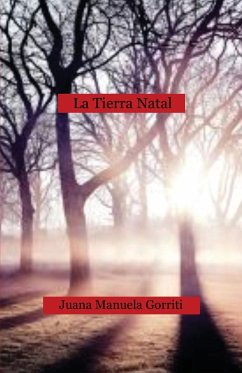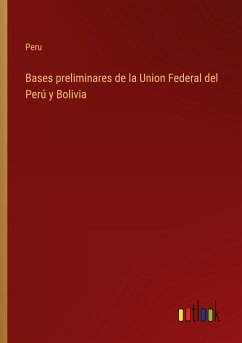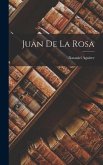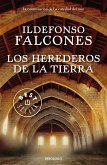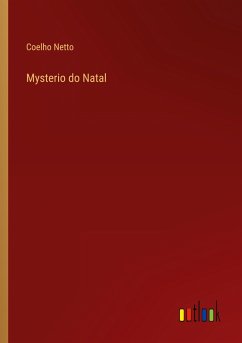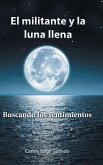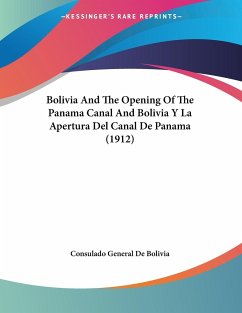Juana Manuela Gorriti was one of the major literary figures in nineteenth century Latin America but her work remains almost unknown outside a narrow academic circle. She was born into a wealthy family in Salta in the North of Argentina in 1818. Her father was a soldier who fought in Argentina's War of Independence from Spain (1810-1818). As a Unitarian politician he later took up arms against Rosas and other Federalist leaders, leading to the family's exile in Bolivia in 1831. In 1833, at the age of fifteen, Juana married Manuel Isidro Belzú, a captain in the Bolivian army who eventually became president of the Bolivian Republic, serving two separate terms. He survived an assassination attempt in 1850, but was eventually shot dead in the presidential palace - aptly named the Palacio Quemado - in January 1865. After a further long period of exile in Lima, Juana set up home in Buenos Aires, eventually returning to Salta in 1886. She died in 1892. La tierra natal (1889), her last major work, relates a physical journey through northern Argentina, back to the places where she had lived over the course of her lifetime, as well as a voyage back through her memories of the people and events she had known and experienced along the way. This revised Spanish language edition is based directly on the first edition published in Buenos Aires by Félix Lajouane in 1889. To make it more accessible to the modern reader, the original orthography and use of accents has been modernised and a plethora of short, one-sentence paragraphs has been rationalised and consolidated.
Hinweis: Dieser Artikel kann nur an eine deutsche Lieferadresse ausgeliefert werden.
Hinweis: Dieser Artikel kann nur an eine deutsche Lieferadresse ausgeliefert werden.

